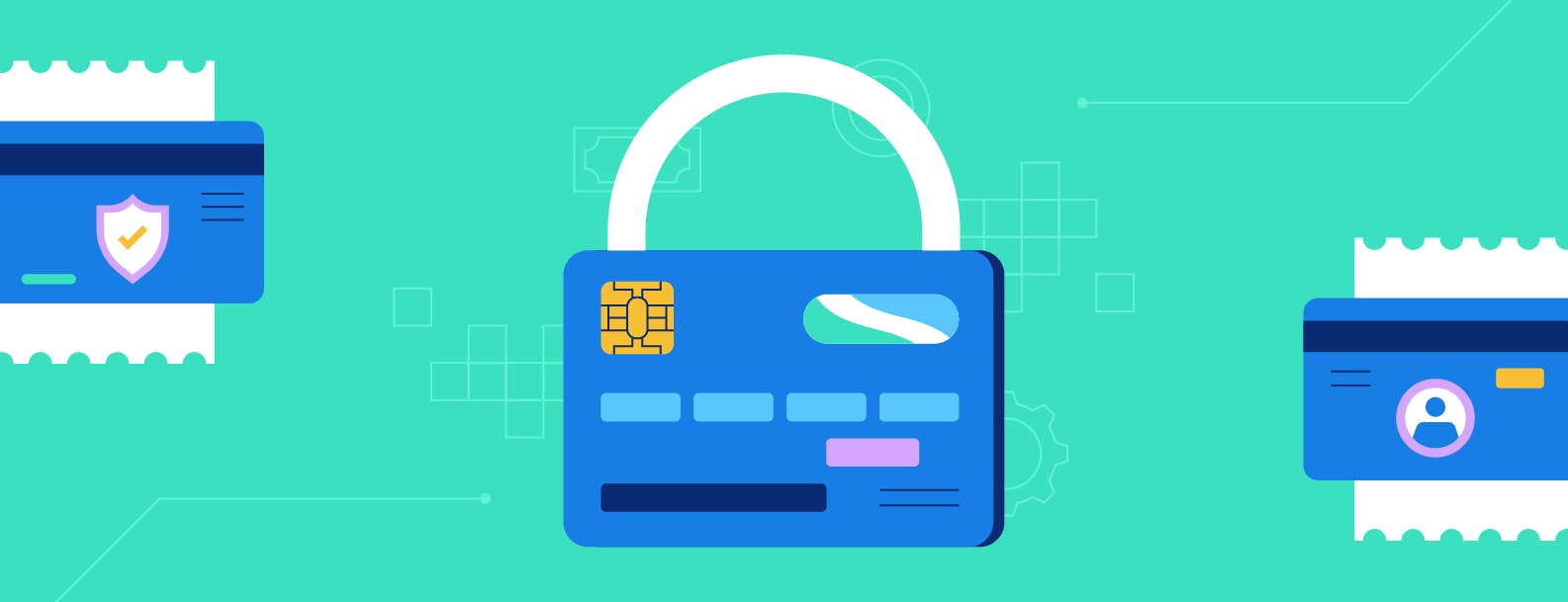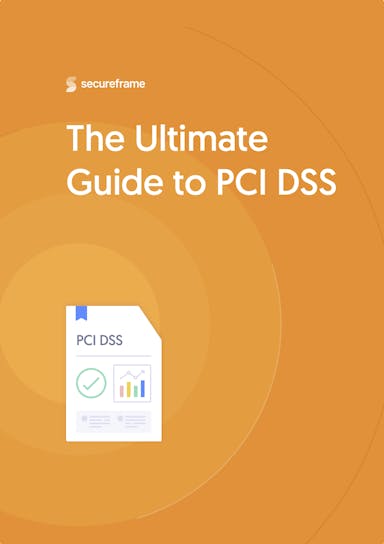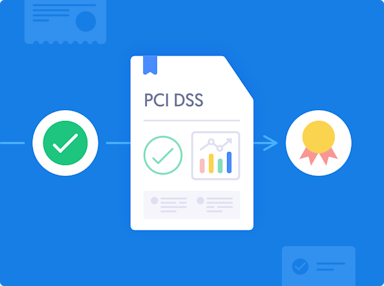
Why Is PCI Compliance Important?
Being PCI compliant shows that your business is doing its best to protect customers’ payment card data. You can think of it as a stamp of information security that garners trust and credibility.
You work hard to build your business and cultivate customer loyalty. All it takes is one data breach to ruin that trust.
According to a survey from PwC, 87% of consumers are willing to walk away and do business with a competitor if or when a data breach occurs.
While PCI DSS outlines strong security practices that help prevent such data breaches, PCI compliance is important because it’s required by major card brands like Mastercard, Visa, Discover, American Express, and JCB.
By proving compliance, this signals to your customers that you have strong security measures in place to adequately protect their stored cardholder data.
What exactly is PCI compliance?
The Payment Card Industry Data Security Standard (PCI DSS, or just PCI) is mandated by credit card companies to help protect cardholder data. The standard outlines guidelines on how to capture, process, and store sensitive customer data.
If you accept card payments, you must achieve and maintain compliance with the PCI Security Standards Council. PCI DSS also applies to any service providers that can impact the payment security of card transactions.


The Ultimate Guide to PCI DSS
Learn everything you need to know about the requirements, process, and costs of getting PCI certified.
Why PCI DSS compliance matters for organizations
PCI DSS requirements help organizations safeguard their business and reduce the risk of cardholder data loss. We touch on additional reasons PCI compliance matters for organizations below.
Protects your customers
First and foremost, PCI compliance helps protect your customers by safeguarding the debit card and credit card information they share with you during payment processing.
As cyber threats evolve, it’s your responsibility as an ecommerce business to implement the necessary security measures to keep customer information secure. The PCI standard outlines trustworthy business practices that keep your customers’ data safe and helps them feel confident making purchases with you.
Boosts customer confidence
PCI compliance signals to your customers that you take the role of protecting their sensitive information seriously.
When customers feel their sensitive data is safe with you, they’ll reward you with their loyalty and can even serve as some of your best advocates by referring their friends and family.
Provides a baseline for creating a security program
Adhering to PCI DSS is one way for companies to measure their security against a known standard. Because PCI DSS requires such a strong security foundation, including properly configured firewalls and encryption, anti-virus and malware, as well as security policies, following the standard facilitates a strong security posture for your business.
These security requirements create the need for an overall IT security strategy that can not only help you meet PCI compliance, but can also put you on track to meet other national and international security standards like HIPAA, GDPR, and SOC 2.
Prevents security breaches
PCI compliance requires a long list of security measures like internal audits, encryption measures, and regularly tracking systems for vulnerabilities.
These requirements will help your business proactively strengthen security controls so a data breach is less likely to happen.

What are the consequences of PCI non-compliance?
While PCI is not a law, it is part of a contractual relationship between a merchant and the payment card companies they choose to accept.
Additionally, in some states such as Nevada, Minnesota, and Washington, portions of the PCI DSS have been written into state law.
Businesses that do not comply with PCI or that fall out of compliance face penalties and violations, as well as less tangible consequences like the loss of customer trust.
PCI fines
The amount of the PCI fine depends on factors such as the size of your business and the length and degree of your non-compliance.
Fines are issued on a monthly basis and they go up with each month you continue to be non-compliant. To put this liability into perspective, your business could be charged up to $100,000 per month until you resolve non-compliance issues.
Additionally, fines ranging from $50 to $90 can be imposed on a business for each customer affected by a data breach.

Additional PCI non-compliance risks
Costly fines aren’t the only risks when it comes to PCI non-compliance. Here are a few more potential consequences of noncompliance:
- Increased audit requirements
- Bank may raise the cost of credit card transaction fees
- Losing the ability to accept credit card payments
- Legal action taken by individuals whose data has been compromised
- Decreased sales due to damaged reputation and loss of customer confidence
- Fraud losses
How do you stay PCI DSS compliant?
PCI compliance is not a one-and-done process, but rather a status.
When a qualified security assessor (QSA) completes their assessment of your business’s PCI standing, they’re either stating you are or are not compliant for that exact point in time.
Because a PCI assessment or self-assessment questionnaire (SAQ) can take several months to complete, certain controls that were reviewed early on in the process may have fallen out of compliance by the time an attestation of compliance (AoC) or report on compliance (RoC) is submitted and approved.
In fact, of the total organizations assessed in 2019, only 27.9% of organizations achieved 100% PCI compliance during their interim compliance validation. (An interim compliance validation is an assessment of your compliance status in between the formal validation process.)
This is not meant to worry you, but rather to drive home the fact that PCI compliance is an ongoing endeavor. The best way to stay in compliance is to proactively monitor and maintain the security control measures mandated by PCI DSS.
Automated continuous monitoring is a great tool to help you maintain PCI compliance. Look for a solution like Secureframe that monitors security controls throughout the year. These tools can inform you of non-conformities in real-time so you can address them quickly and maintain a secure network.
Recommended reading

How to Become PCI Compliant: Your Roadmap to Certification
How Secureframe can help you maintain PCI DSS compliance
Feeling stressed about meeting PCI compliance requirements?
Secureframe can help by getting your PCI data and business audit ready with our PCI DSS experts. They can help quickly identify gaps and assist in remediation to speed up the compliance process and address your unique business needs.
Schedule a demo today and find out how our experts can help you simplify the PCI DSS compliance process.